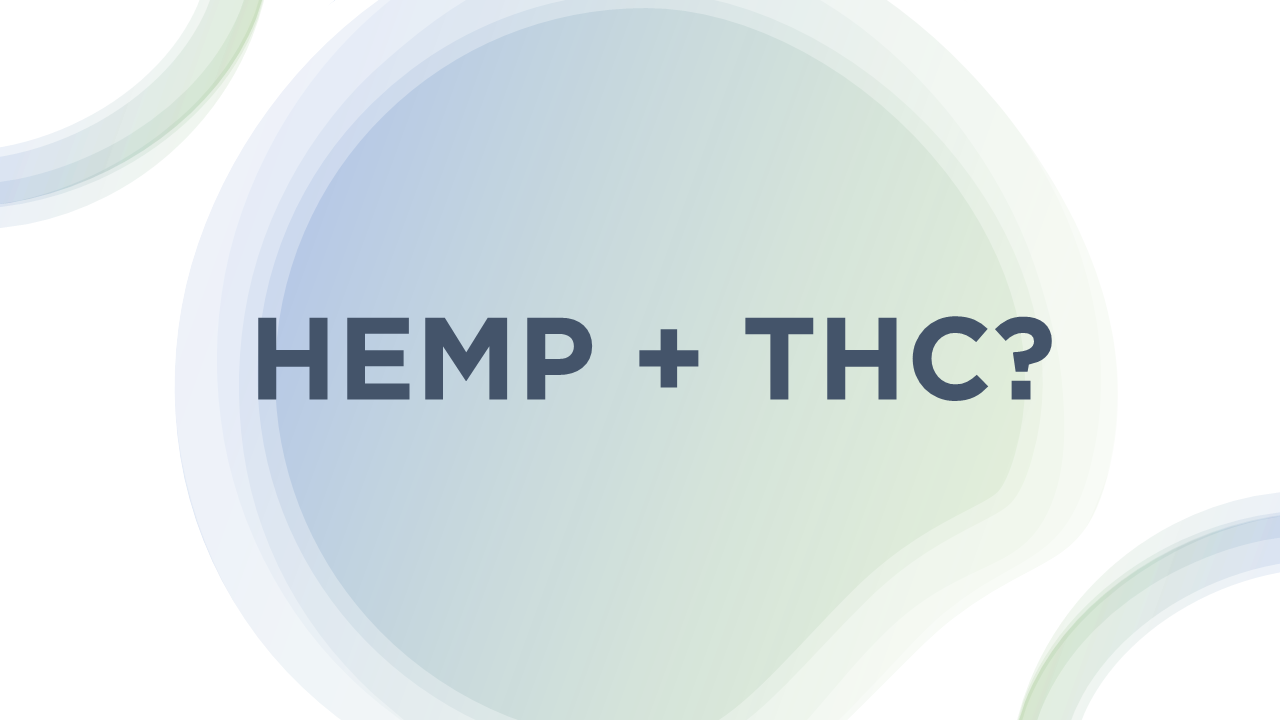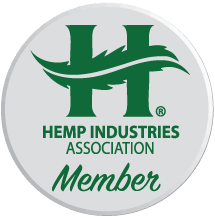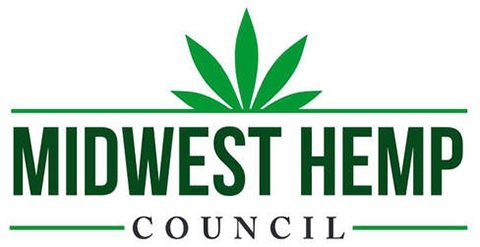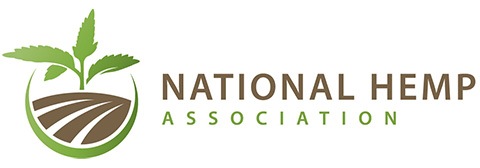
Two recent actions – one in a federal court and another from a state government – could have widespread implications regarding the legality of hemp-derived tetrahydrocannabinol (THC) across the United States and how this burgeoning market takes shape.
In late May, the California-based 9th Circuit Court of Appeals, in their examination of a copyright and trademark infringement case, announced that hemp-derived delta-8 THC comes under the 2018 Farm Act’s definition of hemp. In its ruling, the court noted, “the plain and unambiguous text of the Farm Act compels the conclusion that the delta-8 THC products before us are lawful.”
Several weeks later, in early July, Minnesota’s legislature approved an omnibus health bill. One provision in the bill, apparently ignored or misunderstood by some lawmakers, allows adults age 21 and older to purchase and consume food and beverages containing small amounts of hemp-derived cannabinoids, including THC. Under Minnesota’s new law, edible cannabinoid products may contain no more than five milligrams of THC in a single serving and no more than a total of 50 milligrams of THC per package.
Court Ruling’s Language “Is Clear,” but Questions Remain
Andrea Golan is a Los Angeles-based attorney with Vicente Sederberg who works on cannabis regulatory issues. She believes the 9th Circuit ruling is “pretty significant,” in that the court’s take on the 2018 Farm Bill’s definition of hemp is very straightforward.
“[The 2018 Farm Bill] covers delta-9 THC [by specifying that hemp and hemp products with more than 0.3% delta-9 THC by dry weight remain controlled substances under federal law]; it doesn’t address any other THCs,” she told Hemp Benchmarks. “The court refused to look at any other external sources like the DEA [Drug Enforcement Administration]. There’s been some interpretive statements by the DEA and the court said, ‘we don’t need to look at those; the language is clear and when the language is clear we don’t need to look elsewhere.’”
However, Golan added, the 9th Circuit’s ruling does not give the makers or marketers of delta-8 or other forms of hemp-THC a free pass. “The court really didn’t address manufacturing methods, whether it was the synthetic version of [delta-8] or naturally occurring delta-8 THC in the plant,” she noted.
Most significantly, according to Golan, the court ruling did not address the federal Food, Drug and Cosmetic Act, [which established quality standards for food, drugs, medical devices, and cosmetics manufactured and sold in the United States, while also providing federal oversight and enforcement of those standards] or the federal Analogue Act, meant to combat so-called “designer drugs.” The law firm Patterson Belknap described the Analogue Act as functioning as “a catch-all statute to enable prosecutions of crimes involving drugs that are substantially similar to drugs already listed in the schedule set forth in the Controlled Substances Act.”
“So in that case it’s not a major victory,” Golan said, “because you really still can’t put D8 in a food or a dietary supplement, because there’s no evidence that it meets the safety standards.”
In other words, delta-8 and other hemp-derived forms of THC are in a similar boat as CBD, which was made federally legal under the 2018 Farm Bill. Despite its legal status, the U.S. Food & Drug Administration (FDA) has said CBD is not allowed to be marketed as a dietary supplement or added to foods. This has constrained the CBD market, with recent earnings reports from publicly-traded CBD companies regularly citing “regulatory uncertainty” as an impediment to growth.
New Minnesota Law Allows, but Also Limits, Hemp-Derived THC Sales
As for the new Minnesota law, Golan noted it “permits quite a high THC content for a hemp-derived product sold in regular retail channels.” The good part of such a law, she added, is that it establishes packaging, labeling, and testing requirements, as well as other forms of oversight, for hemp-derived THC products in the state.
Recreational marijuana use remains illegal in Minnesota, however, and the state’s legal medical marijuana market is highly regulated. Given those restrictions, Golan observed, many people in the marijuana side of the cannabis industry are “up in arms” now that hemp-derived THC has become legalized in the state.
Some retailers in Minnesota, meanwhile, say the new law has created unexpected legal and financial burdens for their businesses. Local news outlet KTTC, based in Rochester, Minnesota, spoke to CBD retailers who had been selling a variety of hemp-derived THC products prior to the passage of the new law. However, numerous hemp-THC products – such as smokable items and edibles that exceed the law’s potency limits – are now unable to be sold in the state.
“I’m working with businesses in Wisconsin to continue to have these products, and I’ll just sell them in Wisconsin right over the state line,” Ted Galaty, the owner of Willow’s Keep Farm & Hemp Maze in Zumbrota, Minnesota, recently told KTTC. “So it’s frustrating in that sense, because if you’re a small mom and pop, and you’re running a CBD store and half of your income is on these products that all of a sudden you can’t sell, what do you do?”
Opportunities Are Arising, but Businesses Must be Nimble
The lack of enforcement against companies producing and selling hemp-derived THC has led to increasing numbers of CBD and other businesses entering the potentially lucrative space in the last couple years, a trend that is likely to continue in light of decisions like those from the 9th Circuit Court and the Minnesota state government.
We have reported in the past on LFTD Partners Inc., a publicly-traded company manufacturing and selling hemp-derived THC and other products, and the strong growth in sales shown in their financial filings. A recent company deck touts Q1 2022 revenue of over $18 million, up 439% from $3.35 million in Q1 2021. Such growth has attracted other publicly-traded entities, namely cbdMD, which sold only CBD products previously, but now advertises hemp-derived delta-9 THC gummies on its website.
When cbdMD began selling hemp-derived THC products is unclear; the company did not return a request for comment for this article. (Attempts to contact LFTD executives for comment were also unsuccessful.) cbdMD does not appear to have announced the introduction of such products in any press release. A statement issued in May announcing and detailing Q1 2022 financial results notes, “New sales and marketing strategies have been implemented and near-term results are showing promise,” but whether this refers to hemp-derived THC products is uncertain.
As noted above, while new legal pathways for hemp-derived THC products are being opened, rules and regulations promulgated by states, and perhaps eventually the federal government as well, require that businesses must be quick on their feet if they are to capitalize on opportunities. For example, cbdMD’s delta-9 THC gummies could not be sold in Minnesota, as each gummy contains 10 milligrams of THC, double the state’s five milligram limit per serving. Similarly, over 80% of LFTD’s Q1 2022 revenue was generated by smokable and inhalable products that were not legalized under Minnesota’s new law, while many of the company’s edible products exceed the state’s potency limits.
Expect More Action From the States
The specifics of Minnesota’s new law are far from the only state regulations that hemp cannabinoid businesses must consider. While hemp-derived cannabinoids are legal under the Farm Bill, Golan noted that regulatory inaction by the federal government on the issue has also prompted many states to establish their own specific laws and rules.
She pointed to how, in October 2021, California made it legal to include hemp-derived cannabinoid extracts or their derivatives in food, beverages, dietary supplements, or processed pet food – so long as those products contain 0.3% or less of any form of THC. This past June, meanwhile, the Texas Supreme Court upheld a state ban on the processing and manufacturing of smokable hemp products. Other states, such as Oregon and Michigan, have prohibited hemp-derived THC products from being sold in regular retail sales channels, instead limiting them to the states’ legal marijuana markets and subjecting them to various testing and labeling requirements, among other stipulations.
“I think it just adds to the complexity, this product category’s patchwork of legality across the states,” Golan said. “States are certainly looking at what other states are doing. I think it can cut both ways. I think some states that will go with more restrictive laws, they’re not going to want to be a Minnesota-kind of state. And there will be states that say, hey, this is working in Minnesota; they’ve created a regulatory framework where these products can be sold to adults, they have been tested and labeled properly so people are forewarned, they know what they are taking. Some states will think that’s a sensible approach, instead of just trying to outlaw these products, period. “
Golan does expect that the federal government will take some action and help to resolve the issue of hemp-derived THC, but it probably will not be addressed until late December of next year, when Congress addresses the 2023 Farm Bill.
In the interim, Golan advised that compliance is most important for businesses working with hemp-derived THC products. “I would suggest that they take steps to make sure their products are safe and that they comply with each state’s laws that they sell in,” she said, “and even where states don’t have any requirements at all for hemp products, that they set their own standards. Put appropriate warnings on their products, maybe even make them childproof. Generally speaking, sell their products but do it in a way that’s safe for the consumer.”
Related Articles:
- Hemp-Derived CBD & THC Sales Trends (May 4, 2022)
- Rare Hemp Cannabinoids: A New and Rapidly-Expanding Field of Study (April 20, 2022)
- Hemp Testing Laboratories: Rising Demands and Expectations (February 16, 2022)


